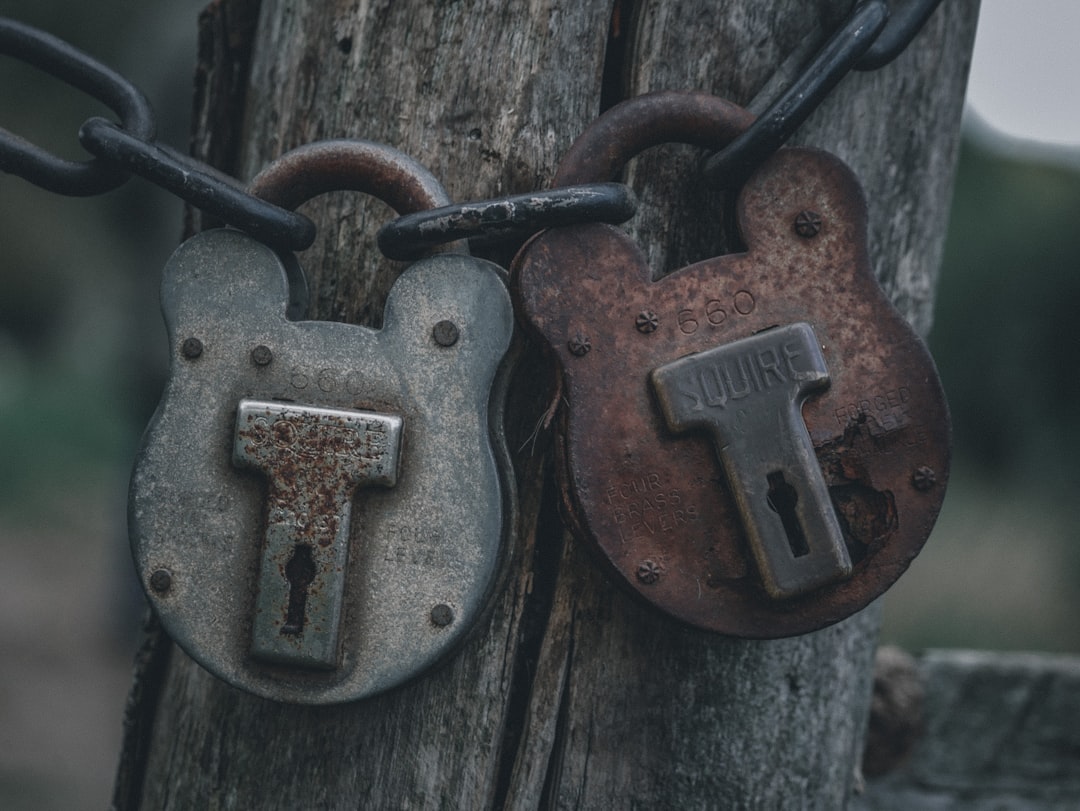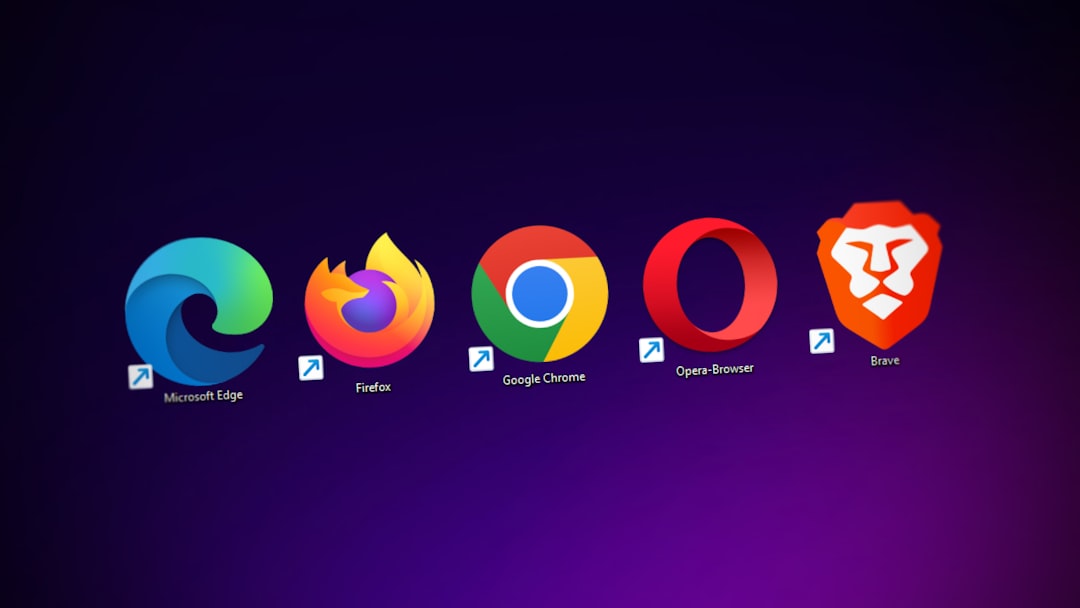In the United States, Internet Service Providers (ISPs) have the legal right to monitor and collect user browsing data. This became more evident after the repeal of net neutrality regulations in 2017, which allowed ISPs to legally sell user data to third parties. Understandably, privacy-conscious users are increasingly looking for ways to shield their online activity from prying eyes—even if those eyes belong to their broadband provider. Fortunately, there are several legal methods to keep your online habits private.
1. Use a Reliable Virtual Private Network (VPN)
A VPN is one of the most effective and popular tools for masking internet activity from an ISP. When you connect to a VPN, your traffic is encrypted and routed through a secure server operated by the VPN provider. This means that your ISP can see that you’re connected to a VPN server, but it cannot see the actual websites you’re visiting or the data you’re transmitting.
- Encryption: VPNs use tunneling protocols like OpenVPN or WireGuard to encrypt traffic end-to-end.
- No-log policy: Choose a provider that maintains a zero-logs policy to ensure your activity isn’t stored.
- Legal use: VPNs are legal in the U.S., but using them for illegal activities is not protected.

2. Switch to Secure DNS Services
DNS (Domain Name System) translates website names into IP addresses. By default, your ISP handles your DNS queries, which means they can log every site you visit. Using a secure and private DNS resolver can block this.
Consider using services like:
- Cloudflare DNS (1.1.1.1): Known for speed and privacy, Cloudflare does not log your IP address.
- Google DNS (8.8.8.8): Offers fast performance and some privacy, though Google may log more data than others.
- Quad9 (9.9.9.9): Focuses on privacy and blocks malicious domains.
These DNS services are free and legal to use in the U.S., requiring only a simple change in your device’s network settings.
3. Browse Using HTTPS
Hypertext Transfer Protocol Secure (HTTPS) encrypts the data between your browser and the website you are visiting. While this doesn’t completely hide your activity from your ISP, it does prevent them from seeing the specific content you access on a site.
To ensure you’re always using HTTPS:
- Use browsers like Brave or Firefox that automatically upgrade connections to HTTPS.
- Install browser extensions like HTTPS Everywhere.

4. Use the Tor Network
Tor is an anonymity network that routes your internet traffic through a series of volunteer-operated servers, making it nearly impossible to trace back to you. Unlike a VPN, Tor is decentralized and free to use.
While it greatly enhances privacy, Tor can be slow and may not work well for streaming or downloads. Moreover, Tor usage itself may raise flags with your ISP, although it remains legal in the U.S.
5. Utilize Encrypted Messaging Apps
Even when ISPs cannot see what websites you are visiting, they might still collect metadata from unencrypted messaging platforms. Switching to secure messaging apps can protect these communications.
- Signal: Offers end-to-end encryption and stores minimal metadata.
- Telegram: Includes encryption but may store some data in the cloud.
- WhatsApp: Also uses end-to-end encryption despite being owned by Meta.
Final Thoughts
While ISPs in the United States have the ability to monitor and monetize user data, users still have a range of legal tools at their disposal to maintain online privacy. Using a VPN, secure DNS services, HTTPS connections, the Tor network, and encrypted communication platforms can significantly reduce what your ISP can see. Staying informed and making smart technological choices remains the key to protecting your digital footprint.
Frequently Asked Questions (FAQ)
-
Q: Is using a VPN legal in the U.S.?
A: Yes, using a VPN is completely legal in the U.S. unless it is used for illegal activities. -
Q: Can my ISP tell if I’m using a VPN?
A: Your ISP can detect that you’re connected to a VPN, but it cannot see what you’re doing once connected. -
Q: Will switching DNS services fully hide my browsing activity?
A: No, it reduces tracking but doesn’t encrypt your traffic like a VPN does. -
Q: Is Tor safe to use?
A: Yes, Tor is generally safe and legal; however, since it can be used to access the dark web, some ISPs may monitor its usage more closely. -
Q: Do encrypted messaging apps prevent ISP tracking?
A: They prevent the ISP from viewing the content of your messages but may not hide the fact that you’re using the app.

